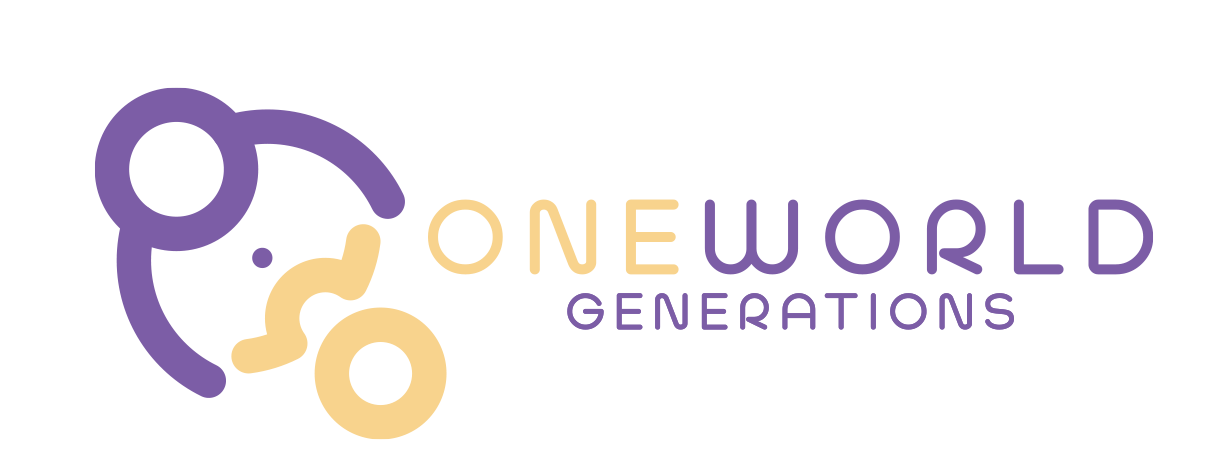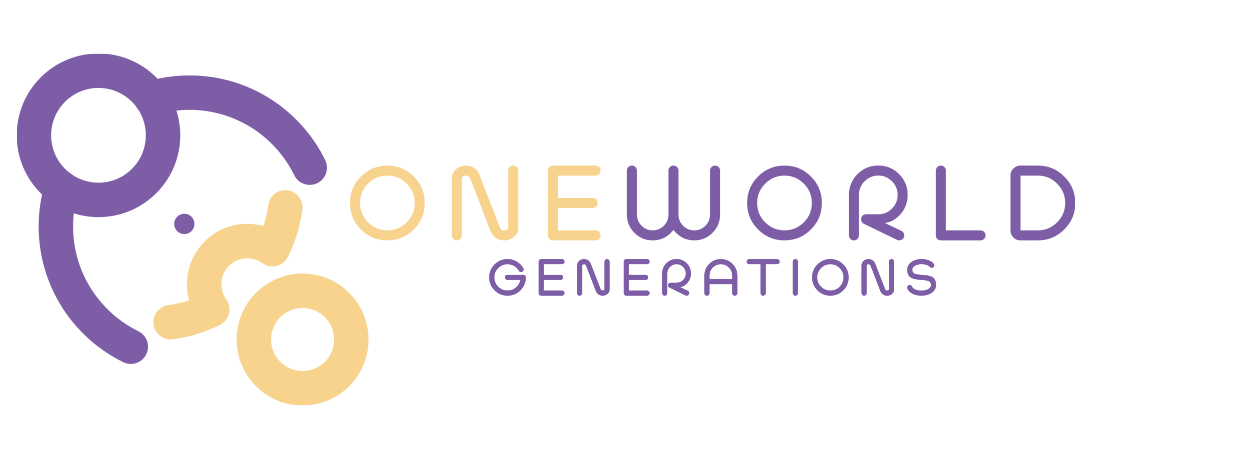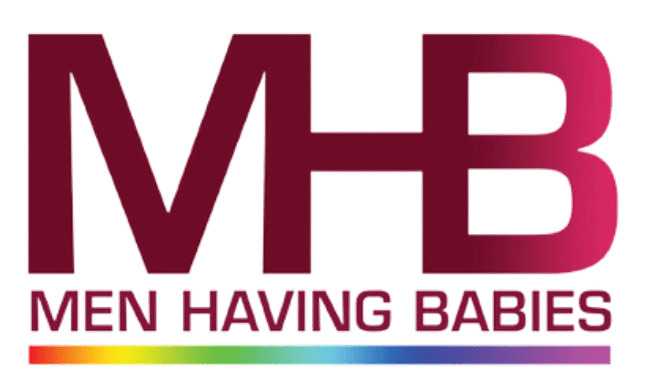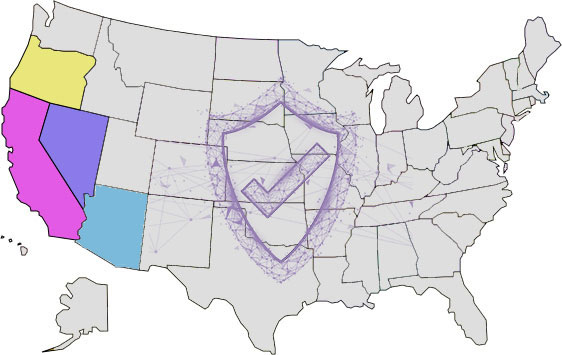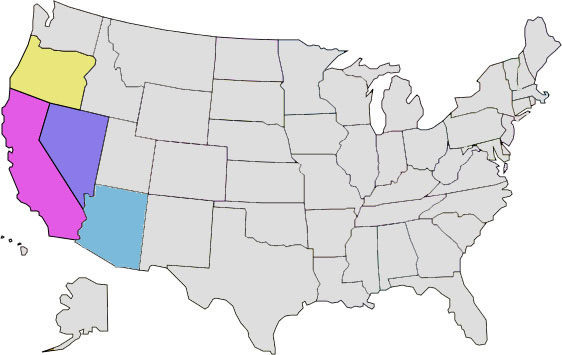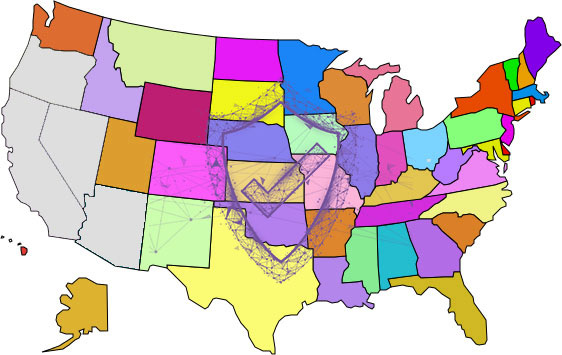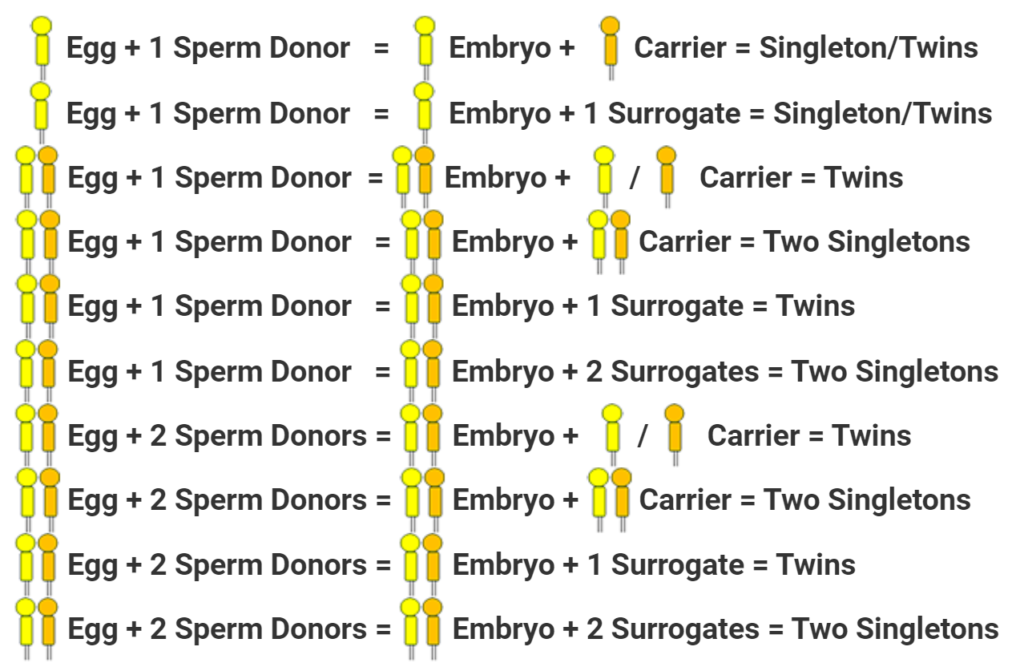Apply to be an Egg Donor
A fertility professional will conduct egg donation procedures in a reproductive clinic. Intended parents, with the help of a surrogacy agency, seek Egg donors when the need arises to supplement fertility. Egg donors are carefully selected individuals.
Overview
A fertility professional will conduct the procedure of egg donation in a reproductive clinic. People seek eggs when the need arises to supplement fertility. Egg donors are carefully selected individuals. The ideal applicant is a young woman in her twenties who does not partake in risky behaviors, is physically active, has excellent health, and does not have a family history of certain genetic illnesses. The decision to accept or reject a female donor depends on several factors. All of these things are necessary for you to be a successful egg donor, and they will also help recipients when they make their own decisions.
Most egg donors want to remain anonymous, but if both the donor and the recipient are OK with it, the recipient can arrange to see the donor via Zoom before proceeding with the procedure. Usually, a child born from a donor egg never sees their original mother; however, in very rare cases, the donor can remain involved in some capacity.
Some intending parents request a specific genetic profile of a given egg. To increase the likelihood that their kid will resemble them, they can seek an egg donor with similar hair, eye, and skin colors. A service that occasionally focuses on oocyte donation can help them find a suitable donor.Each of these conditions is vital to your success as an egg donor, along with being beneficial to recipients during their own decision-making.

Egg donors are usually anonymous, but in some instances, when both parties agree to it, the person or couple who will use the donated eggs is able to meet the donor via zoom before moving forward with the process. In the rarest of instances, the donor stays part of the child’s life in some way; however, usually a child from a donated egg never meets his or her biological mother.

Requirements
- The ideal age range for women is 21–29.
- If you are a smoker or drug user, you will not be accepted.
- You do not have a family history of any of the six major hereditary disorders.
- Your mental and physical well-being should generally be in excellent shape.
- No approval for the carriers of STDs such as HIV, hepatitis, and chlamydia
- Egg donors do not have a history of Chlamydia in the last 12 months.
- You should be ready to inject yourself with medicine for 7-12 days.
- The procedure should take up to two weeks of your flexible schedule.
Payment and Benefits
Compensation for egg donors is determined case by case. The average cost of an egg donor is between $8,000 and $25,000. Donors with more excellent experience or unusual traits are getting better payment ad rewards to donate their eggs.

The Process
Egg Donor Screening
No one is left out of the loop when it comes to the screening procedure for egg donors. You will also profit from the screening procedure. In order to assess the viability of your eggs for donation, the medical professionals supervising your process will need certain information from a health standpoint. Consider their general well-being and any known hereditary diseases that you or a member of your immediate family can have. Knowing this is beneficial when you are making plans to have a family of your own.
Whether you are concerned about your health, these screening tests can help you determine whether donating is a safe choice. For some women’s bodies, this procedure might turn out to be much more than just a checkup. You can learn a lot about your overall health and if this is a suitable option for you from the extensive battery of diagnostic tests that are provided.

Detailed information on the process of donation will be given to you during these first tests. Parting with some of your eggs is not a simple decision to make. On top of the obvious physical demands, it could also require a significant time commitment. You will need to see the doctor several times, maybe even every day, after beginning the injections, all the way up to the day your eggs are extracted.
Egg Retrieval
Fertility experts will schedule the egg collection from the donor. It takes around two weeks to stimulate egg retrieval, while the whole procedure of egg donation takes three to four months.
After the donor undergoes a round of injections known as follicle-stimulating hormone treatment, her ovaries are instructed to prepare many mature eggs, or oocytes, for extraction. In and of itself, the egg retrieval process takes about ten to twenty minutes and is performed under minimal sedation as an outpatient surgery. With the use of ultrasonography, a fertility doctor can aspirate the eggs from the ovarian follicles using a long, thin needle.
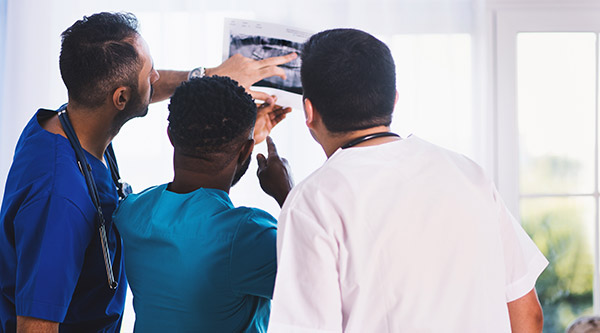

What the Law Says about Donated Eggs?
Signing legally binding contracts is a crucial part of the egg donation procedure. For the sake of everyone’s legal rights, these contracts are vital. They shield parents from the egg donor asserting any claim to their kid and make sure you are not liable for any offspring born from your eggs. An important aspect of the screening procedure is going over your rights and making sure you understand them.
FAQS
All of the money for your egg donation comes from us. Donations, fertility treatments, testing, and travel are all completely free of charge. A battery of reproductive and genetic testing, estimated to be worth $3,000, will be yours at no cost to you. If you are considering starting a family, these tests will be very helpful in determining your overall and reproductive health.
Depending on your personal schedule, menstrual month, and doctor's visits, you can complete the prerequisite screening in three weeks.
A maximum of six cycles per egg donor over her lifetime, rather than each clinic, has been established by the American Society for Reproductive Medicine (ASRM). A donor is no longer able to give to another institution or to another recipient after she has completed six rounds.
Complications are minimized by the use of screening and pre-qualification procedures for egg donors. Like any other medical operation, there is a chance of complications. You should talk to a doctor before deciding to become an egg donor if you have any concerns or questions about the potential risks.
Donors of eggs to a fertilized egg cycle are not legally responsible for any consequences that can arise from the pregnancy or any children born from the cycle.
Sedation and pain medication will be administered to you during the egg retrieval procedure. Most often, retrieval is accomplished by transvaginal ultrasound aspiration. It is possible to feel mild cramping or pressure in the days after egg retrieval. However, symptoms might vary significantly from one sufferer to the next.
